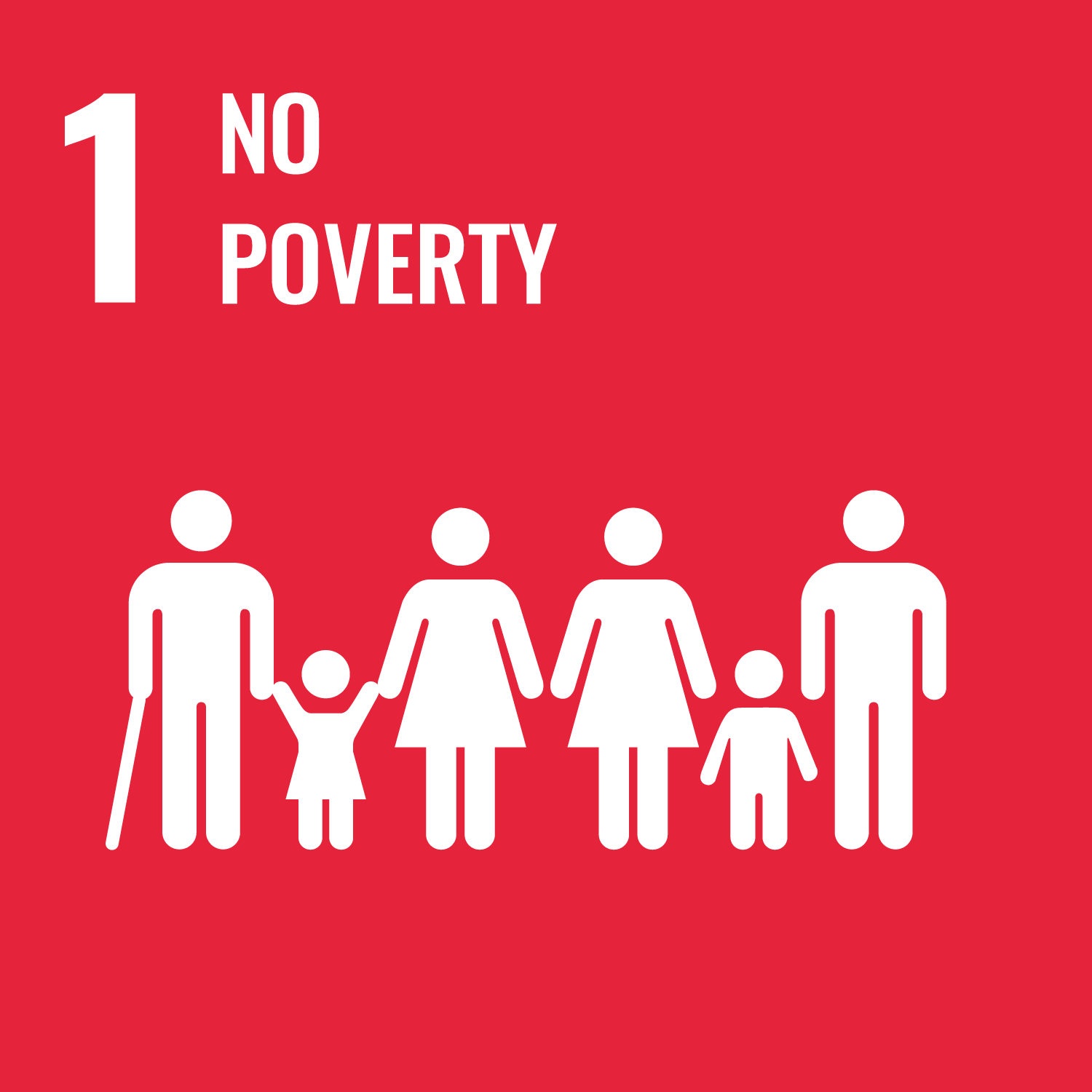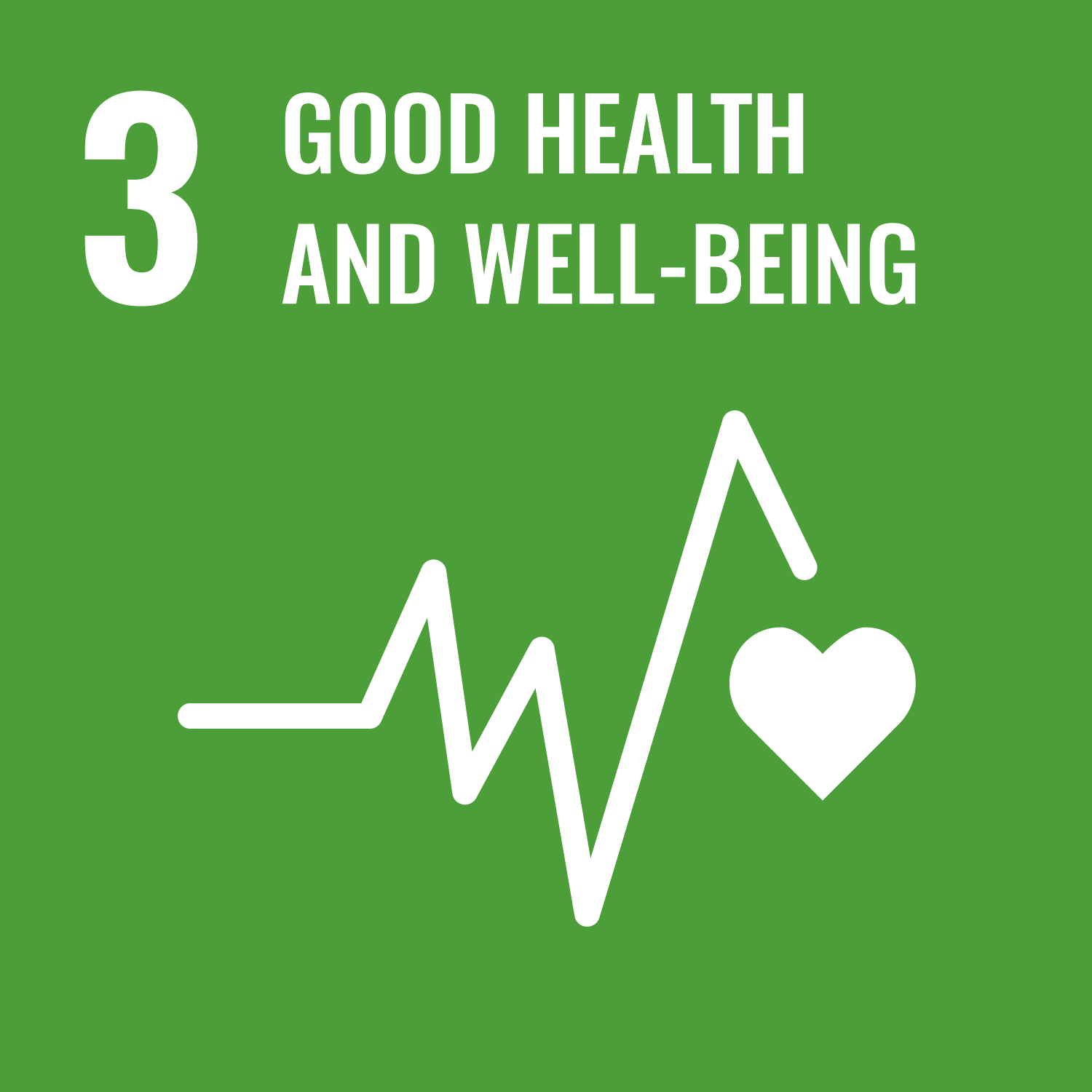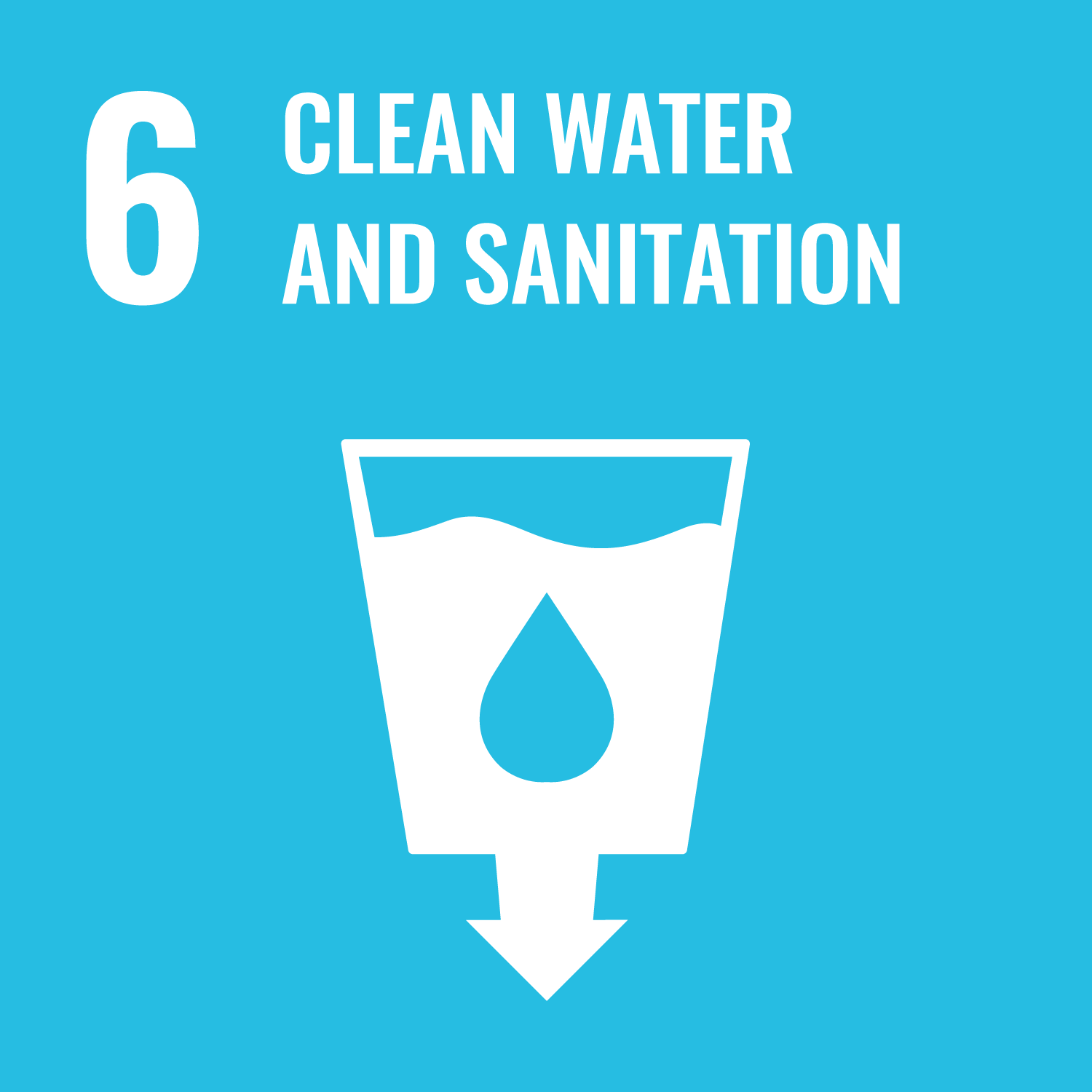SDG Detail
ENVE 420 Rethinking Urban Sanitation: The United States and Peru
NoneProject description
This interdisciplinary course examines the challenges posed by the growing volumes of human excreta that are generated daily in cities around the world. Topics to be covered include: environmental, engineering, and public-health aspects of sanitation; the history of sanitation; innovation in sanitation; sewage reuse; cultural and social considerations; and case studies of different centralized and decentralized solutions. The course is organized around two alternative final projects: 1) a spring-break trip to Lima, Peru, where students observe first-hand some of the components of this complex sanitation system, and meet with stakeholders ranging from government officials to slum-dwellers to non-profits pursuing innovative sanitation solutions; and 2) a U.S.-based analysis of a comparable sanitation system. Enrollment in the class is limited to 10 students each from the School of Forestry & Environmental Studies, the School of Public Health, and the Department of Chemical and Environmental Engineering. Participation in the Peru field trip/project is limited to five students from each school. Applications for enrollment and participation in the Peru field trip are due in December 2019.
Project aims
?
Project outcome
?
Related SDGs
The corresponding sustainable development goals correlated with this project. You you click the icon to link to SDG category description page.












